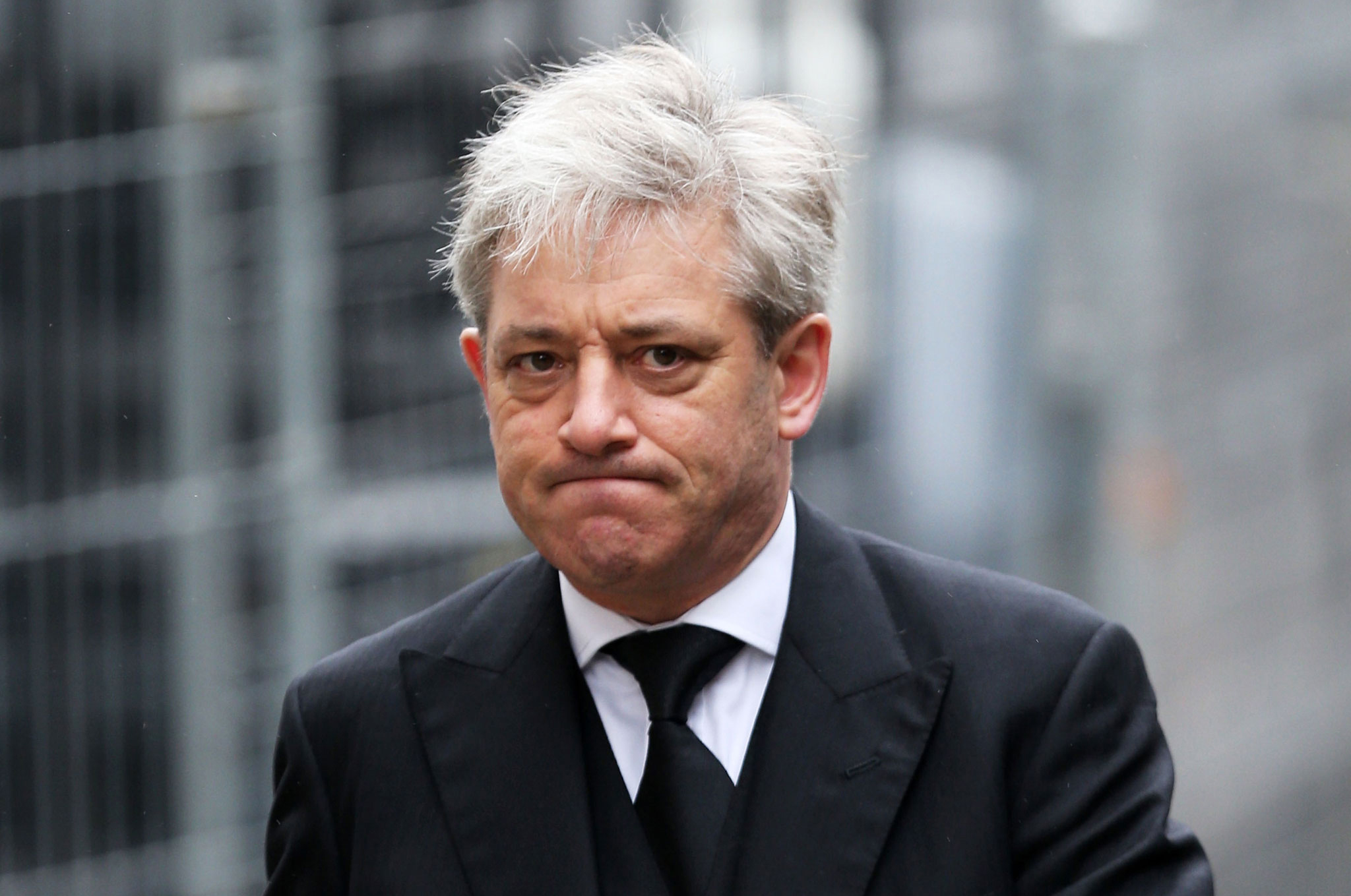
MISPLACED CONFIDENCE? BREXIT AND TRUMP

The UK parliament kicks into action again on Monday.
The speaker of the lower house, John Bercow, will face a no-confidence vote prompted by comments last week that US President Donald Trump shouldn’t be allowed to address the chamber. Bercow cited Mr Trump’s previous “racism” and “sexism” as justification. Critics say that the comments were inappropriate as, by law, the speaker must remain politically impartial.
At present, there is only one signature on the motion – that of the author, Conservative MP James Duddridge. Lawmakers from parties across the board, including Labour, the Conservatives and UKIP, have instead signed a motion in support of the speaker. As such, Mr Bercow is unlikely to be ousted.
Meanwhile, the House of Lords will begin to debate the government’s draft law to trigger Article 50. Though the Supreme Court’s January ruling gave parliament the power to block this action, it’s unlikely that the House of Lords – an unelected assembly – will block Brexit. May’s Conservatives do not hold a majority in the upper chamber, so expect some Labour-championed amendments to be duly considered before the House votes on March 7.
Go deeper: Brexit negotiations in 2017
PROVOCATIVE VOTE: NAGORNO-KARABAKH

The breakaway province of Nagorno-Karabakh, which has been administered by pro-Armenian authorities since 1991, will hold a controversial referendum on Monday. Residents of the conflict-ridden region will be asked to approve a new constitution that introduces a presidential-style system. While the changes themselves will have a limited effect, the reaction they may provoke could be consequential.
Tensions between Armenia and Azerbaijan remain high. Last April saw the worst outbreak of violence between the two neighbours since a ceasefire was signed in 1994, with more than 150 killed and hundreds injured.
Azerbaijan has denounced Monday’s referendum as a “proactive step” and has questioned whether Armenia is “genuinely interested” in seeking a political settlement to the frozen conflict. The move has also drawn criticism from the EU, Turkey and Russia.
Moscow has long mediated the conflict. Except for last year’s outbreak of violence, the Kremlin has had some success in preventing flare-ups. But observers question whether Russia is actually concerned with securing peace. Vladimir Putin has long pursued a policy of creating frozen conflict situations along Russia’s periphery to use as pressure points with former Soviet states. With regional powers lacking the interest to address the Nagorno-Karabakh dispute and Monday’s vote stirring unease, it’s unlikely to be resolved anytime soon.
Go deeper: Nagorno-Karabakh: unfrozen conflict
TESTY PEACE: A RESET IN UKRAINE

A fresh attempt to bring peace to eastern Ukraine begins on Monday.
Over the weekend Germany, France, Russia and Ukraine agreed to reinvigorate the Minsk peace accords, which call for the withdrawal of heavy weapons and reforms to Ukraine’s constitution to give eastern provinces more autonomy. Signed in 2015, the deal was originally met with some success but has failed to prevent the intensification of fighting over the past month.
But even before Monday’s implementation, the renewed push for peace was on shaky ground. Just minutes before Russian Foreign Minister Sergei Lavrov announced the deal on Saturday his Ukrainian counterpart told the press he was “not at all” pleased with the outcome. Such public discord does not bode well for the implementation of the Minsk agreement.
Ukraine’s unhappiness with the status quo stems from the fact that, despite international condemnation, Russia has been able to annex and hold onto Crimea. Meanwhile, last week Vladimir Putin signed an executive order recognising the documentation issued by militias in eastern Ukraine – a first step on the way to recognising the breakaway regions.
With Moscow and Kiev so far apart on key issues, and as the United States and Western Europe focussed on matters closer to home, it is unlikely that Monday’s peace will last the distance.
HAPPENING ELSEWHERE…
Eurozone finance ministers will meet but are not expected to announce any breakthrough in talks with Greece. The EU and IMF want Athens to undertake labour and energy reforms to reduce fiscal spending before it qualifies for further bailout-related measures. The impasse is raising fears that Greece may face a liquidity crisis similar to that of 2015. For its part, Athens wants to be included in the European Central Bank’s bond-buying program set to take place next month. If no deal is reached soon, this looks increasingly unlikely.
French nationalist Marine Le Pen will visit Lebanon to meet with Prime Minister Saad Hariri and President Michel Aoun. Due to colonial ties, many Lebanese also hold French citizenship; Le Pen’s visit is seen as an attempt to drum up support among this constituency. Her primary rival, Emmanuel Macron, also visited Lebanon in January.
Electric car company Tesla is scheduled to begin pilot production of its Model 3 – the $35,000 car that has received almost 400,000 pre-orders. The firm plans on beginning full-scale production in July, a timeline analysts said was too aggressive. Expect a bump in Tesla’s share price if it does begin its pilot program on Monday.
US Vice President Mike Pence will meet with EU President Donald Tusk in Brussels to discuss ties between the two.

